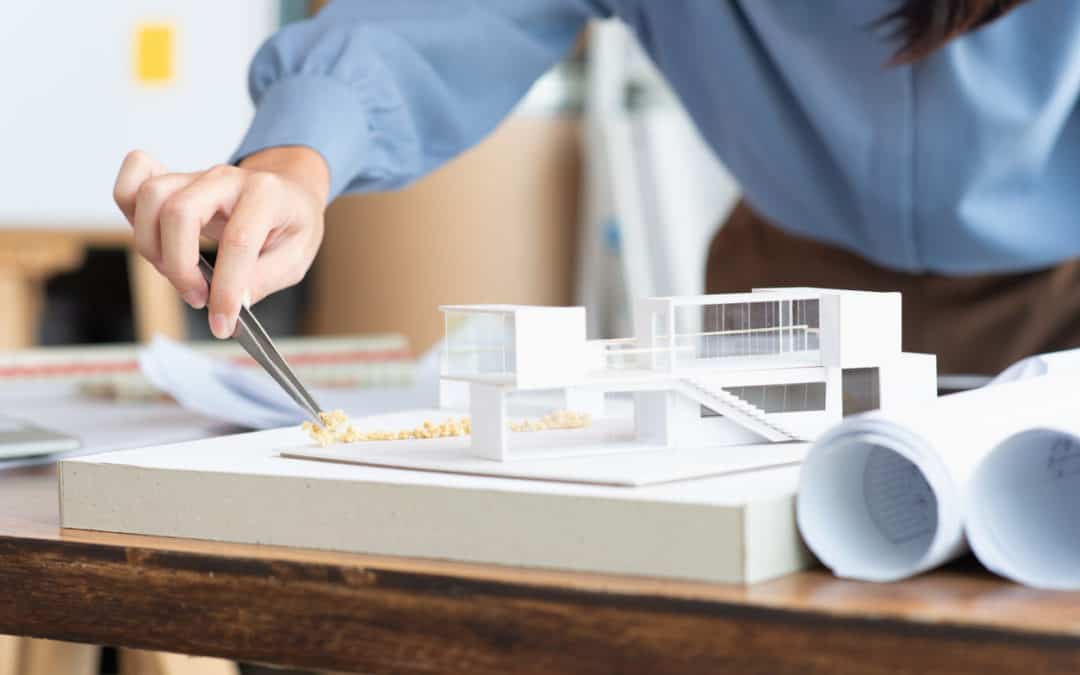You don’t need an interior design degree to build custom homes. However, having some training in interior design can be helpful, as it can give you a better understanding of how to create a functional and aesthetically pleasing space.
Some of the best custom home builders have entire teams dedicated to interior design. In this case, having a manager or specialist in charge of interior design can make the team especially effective. Interior design is so varied that it helps to have a degree or two between them, so there’s a wider vision available to draw inspiration from. If you’re interested in applying your skills in custom home design services, you should know a few things.
Building Codes
First, you’ll need to have a strong understanding of construction and building codes. There are many different codes governing this type of work, and they vary from one city to the next. But that’s where working as part of a team helps. A complete renovation or custom home builder can liaise with an interior designer, and that way, the responsibilities can be shared.

Layout Design
You’ll also need to have a working knowledge of interior design rules before laying out plans for a new home. The way you design layout can have far-reaching impacts. An interior designer should work with a project manager and building experts to review their work.
Whether they have a degree or not, they’ll also need to make sure to be familiar with the interior design process. Interior design is about much more than just sticking up wallpaper. It’s about understanding how fixtures, appliances, walls, flooring, and other materials relating to each other can create the perfect atmosphere for a client’s home.
Some builders prefer for their clients to come up with some ideas, and then they’ll use them as a guide for constructing the room. But an interior designer can bridge the gap between the build team and the client, often creating stunning aesthetics.
Designing the Lifestyle & the Space
Having a degree or two spread out between your design team definitely helps, however. It gives you a wider knowledge base to draw upon, and best practices in industry often find their way into degree programs, so formally educated designers can combine comprehensive theory with best practices and systematic ways of doing the job. As you can imagine, layout design is front and centre to this process.
Interior design degree programs often train for how the space laid out can be further complemented by furniture once moved in. With a degree, they can efficiently visualize the flow of traffic through your home, safety concerns, and more, but it will also help inform your buyers about how they want to decorate their own homes. To do that successfully, you’ll need basic training in design principles and how to allow space for multiple furniture layouts in an aesthetically pleasing yet functional enough for daily living.
Degrees Can Demonstrate Expertise
Some builders charge their clients the total amount of the home’s construction cost in advance as a part of a total project management model. Others prefer to take on jobs themselves and subcontract out, including design. The mark of a well-staffed interior design department operating within a custom home builder is permanence. Having a business subcontracting out increases the odds that the design team is optional, expendable, and impermanent. That way, you won’t be able to check if they have experience at all, let alone whether they have degrees.
Finally, having a degree or two spread out between your team encourages communicating with your client in standardized language, so you can all communicate effectively throughout the process. Many builders find that having an open line of communication with their clients during their projects is the best way of ensuring that they get what they want and that they’re happy with the result. And if they have an interior design degree on the team, they’re more likely to communicate in terms that clients can then run through search engines to further their own understanding. That way, everyone’s on the same page.
To create a custom-built home, any undertaking must include highly professional processes of interior design, construction, and some of the considerations for interior decorating. The more you know about these factors, the more effective you can become when selecting a builder with an eye for interior design. Assessing a builder’s interior designer by degree status isn’t required, but it can grant that added peace of mind.

Recent Comments